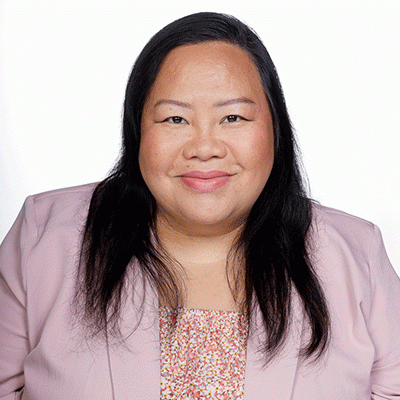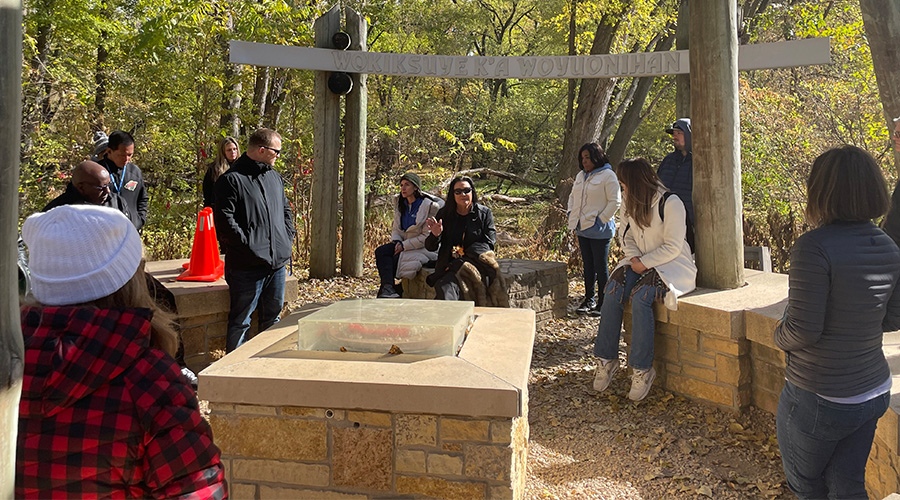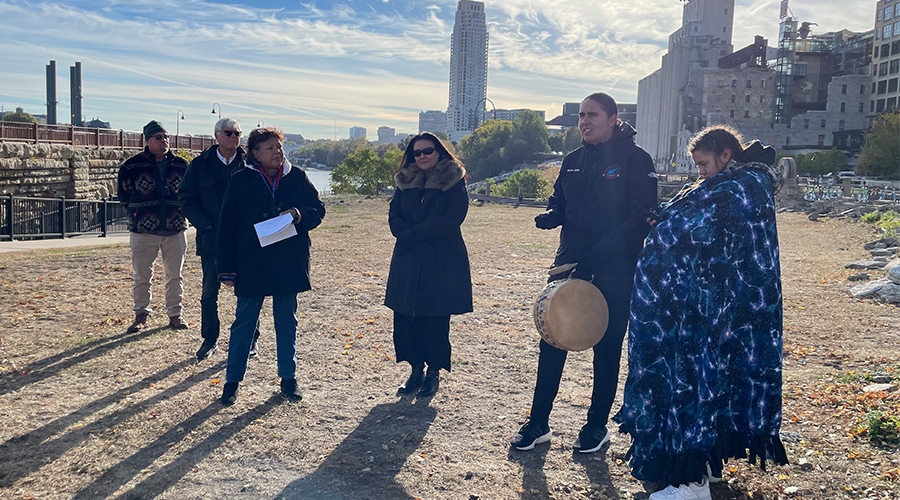Guest Column by Ka Vang, Meet Minneapolis VP of Equity, Diversity, Inclusion and Access

The impact of racism is evident all around us. It can be seen in the places where we live, learn, play, and work. Some people experience racism when they take their children to school, apply for jobs, rent or buy a home, visit a doctor or try to access healthy food, or when they visit a city for work or pleasure.
In July 2020, City of Minneapolis officials passed a resolution stating that racism is a public health emergency. That resolution called for action steps and dedicated resources to actively engage in racial equity work in the city.
At Meet Minneapolis, our approach to overcoming racism is through a lens of equity, diversity, inclusion, and access (EDIA) where we connect racial healing with individual and systemic transformation. We believe that embracing EDIA as organizational values is a way to intentionally create a more just and vibrant community.
However, despite the benefits of EDIA, organizations struggle to foster EDIA in the workplace. Why?
I believe organizations have a difficult time finding where to start. Do you do an internal audit of your practices and policies? Do you start employee resource groups for your historically marginalized employees? Where do you find available resources and training opportunities, if your small (or large) business doesn’t have a dedicated EDIA practitioner?
While there is no single recipe for success, Meet Minneapolis has taken several steps towards transformational change that we would like to share with you. The first two were created for our customers, specifically as resources for meeting planners who are bringing groups and events to Minneapolis. You can also use them to advance your own equity work.
BIPOC/multicultural media directory
Here is the our BIPOC/multicultural Minneapolis region media directory, which can be found on Minneapolis.org. This directory was created to be a quick reference for individuals working to identify appropriate media channels that reach a broad cross section of diverse groups including populations of color, Native Americans, LGBTQ+, immigrants and refugees, and others in the metro area. You may want share this with groups who are planning an event in Minneapolis and want to promote it to a diverse audience. Thanks to Kevin Kurtt, Public Relations and Communications Manager, for putting the media directory together.
BIPOC supplier guide
Again, to assist meeting planners, we created a resource list of diverse suppliers who are Meet Minneapolis partner businesses. Access our diverse supplier guide here. You may want share this with groups planning an event in Minneapolis that want to connect with diverse businesses. It is also a great proof point that we are committed to creating an inclusive workplace and community. The following team members worked to compile the guide:
- Megan Wahman, Marketing Manager
- Jeff Baidoo, Director of Partnerships
- Jill Anderson, Sr. Director of Marketing
If you think there are businesses missing from these two lists, please let us know. We would love to talk with them about becoming a Meet Minneapolis partner business.
Equity training
Meet Minneapolis wants to assist staff in engaging in new behaviors that complement and accelerate our inclusive efforts, so we designed a thoughtful equity training based on learning new and absent narratives. Absent narratives are the stories and/or histories that have been – either consciously or unconsciously – marginalized, overshadowed, or excluded from the dominant and/or predominant culture(s). The danger of absent narratives is that people, groups, communities, and/or cultures are overlooked, diminished, and/or excluded from public life and discourse. This relegates individuals or groups into one single story or stereotypes. This sows the seeds for prejudice and racism.

Just a few weeks ago, more than 30 Meet Minneapolis staff members participated in an experiential learning tour of sacred and significant land and water sites in Minneapolis and beyond. This Bdote tour is offered by the Minnesota Humanities Center. Bdote is a Dakota word that generally means “where two waters come together.” The bdote where Ȟaȟáwakpa (Mississippi River) and the Mnísota Wakpá (Minnesota River) come together is central to Dakota spirituality and history.
During the tour, Meet Minneapolis employees were encouraged to understand Indigenous perspectives not taught in Minnesota history books. They were asked to listen with an open heart as they heard from Ojibwe and Dakota community members talking about racism’s impact on generations of Indigenous people.
Your organization may not have an entire day dedicated to take the Bdote tour, but using the same approach of learning new truths straight from BIPOC community members without any filters can go a long way toward helping staff recognize their own cultural biases and prejudices. Also, when they understand racism and its harmful consequences, they will be more likely to build authentic relationships with people who have real or perceived differences.


